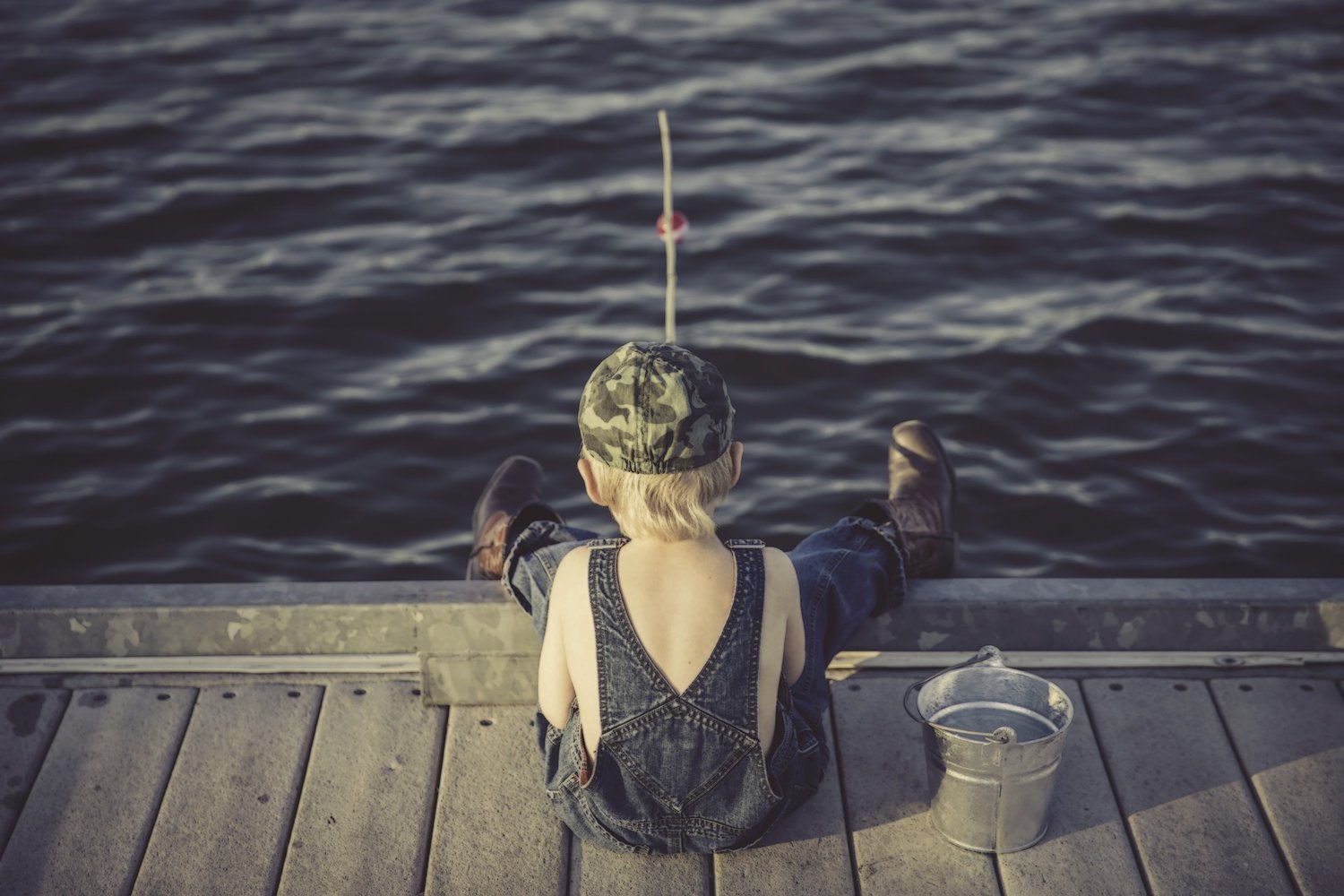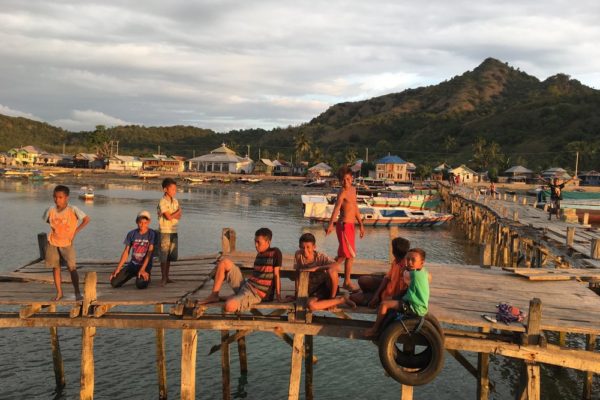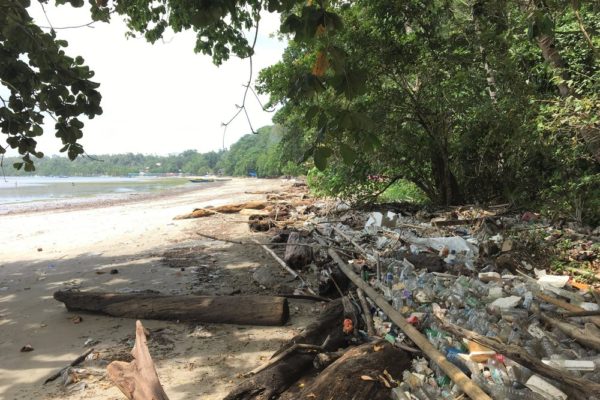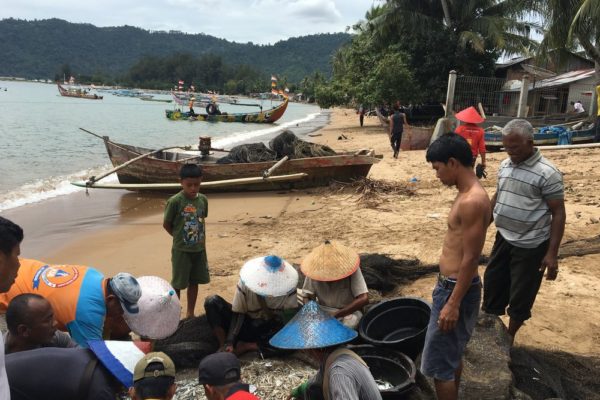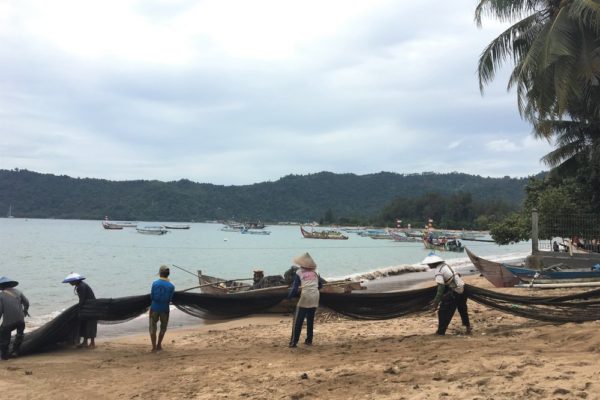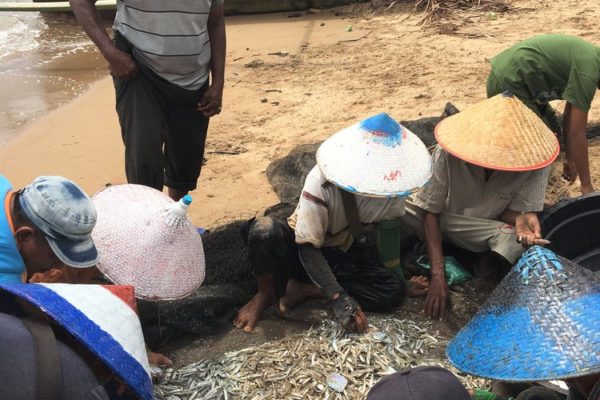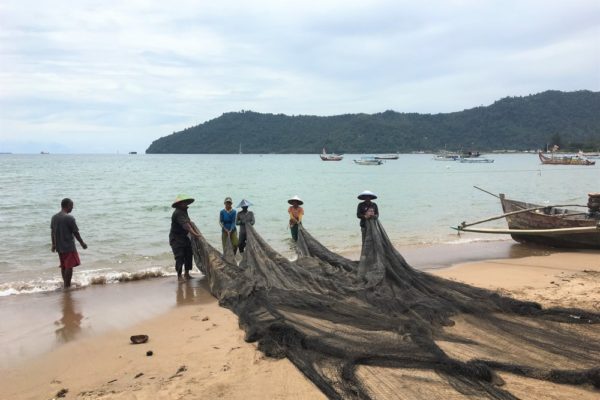Dear system change leaders,
It is undebatable that our oceans, fascinating and beautiful, are precious to us all. They are also under incredible threat! By 2050 there will be more plastic than fish in the ocean (and this without considering overfishing), and it’s closing in on human consumption: 25% of fish we eat have plastics in their guts, 83% of tap water around the world is contaminated with plastic fibres.
But today, we want to focus on the effect of our eating habits on marine ecosystems. There are two key issues to consider when talking about sustainable fish and seafood:
- How healthy is the population? Sustainable fishery means, in simple terms, to harvest from a stock of fish only the amount that can be naturally reproduced by the population. Whereas meat and dairy products are farmed, most fish is not farmed but essentially mined – taken from the ocean without maintaining the source sustainably. Overfishing affects the balance of life in the oceans, but also the social and economic well-being of coastal communities
- Which method is used to catch the fish? Some fishing methods are very destructive (like bottom trawling, which ploughs up the sea floor) or indiscriminate (like pair trawling that catches non-target species such as dolphins). About 40% of fishing is by-catch, which is often discarded and thus wasted.
Let’s take a look at the triple bottom line:
- More than 85 % of the world’s fisheries have been pushed to or beyond their biological limits and are in need of strict management plans to restore them Exceptional Beauty
- Current rules and regulations are not strong enough to limit fishing capacity to a sustainable level: Due to the “open access” nature of fisheries there are limited means of control outside of national waters
- Coastal communities around the world depend on fish as their primary source of protein: Overfishing threatens their long-term food security, particularly in developing countries
- Small-scale fisheries employ > 90 % of the world’s 35 million capture fishers and support another estimated 85 million people employed in associated processing, distribution and marketing; about half of them are women Medical Supply Store
- Illegal fishing accounts for an estimated 20% of the world’s catch and as much as 50% in some fisheries: The costs are significant; the value of pirate fish products is estimated between $10-23.5 billion annually
Smallholder fishers in Padang, West-Sumatra, evaluating their catch of the day; A beach full of plastic in Bunaken, North Sulawesi; Children of a fisher community in Flores, East-Nusa Tenggara (Pictures by Ronja Wolf)
What about fish farming?
- Wild-caught fish are used for fish meal and oil to feed farmed stocks, which increases the pressure on the marine environment rather than reducing it
- Water and environments surrounding fish farms are polluted by fish waste, uneaten food and the chemicals, antibiotics and vaccines used to control disease
- Diseases spread from farmed fish to wild populations
Fact is: We are taking too many fish from our oceans and destroying ecosystems in the process – if we carry on like this, fish stocks will collapse and the marine ecosystem may be irreparably damaged. Many jobs in the fishing industry would be lost.
What can you do? Seafood supply chains are non-transparent, and unfortunately there is no truly effective “green label” that consumers can look for on fish products. Medical Supply Store You should simply avoid the species that are under particular pressure or are caught using the most wasteful and destructive fishing methods:
- Eat seafood only once a month. Compensate your omega oils by using walnut, linseed and flax oils; or naturally grown freshwater fish
- Watch out for these labels in the supermarket, but bear in mind they do not remove all negative effects related to unsustainable fishery:

- Use this Good Fish Guide to filter for the fish you like and get a sustainability rating; also consult this red list of fish and seafood that you should avoid buying
But most of all: Appreciate the vast variety of species in our marine ecosystems, and enjoy every seafood meal with special attention! Also check out these sustainable fish guides (for Germany, UK and Indonesia).
Wishing you all a productive and fishbone-free October!
Written by Ronja Wolf

